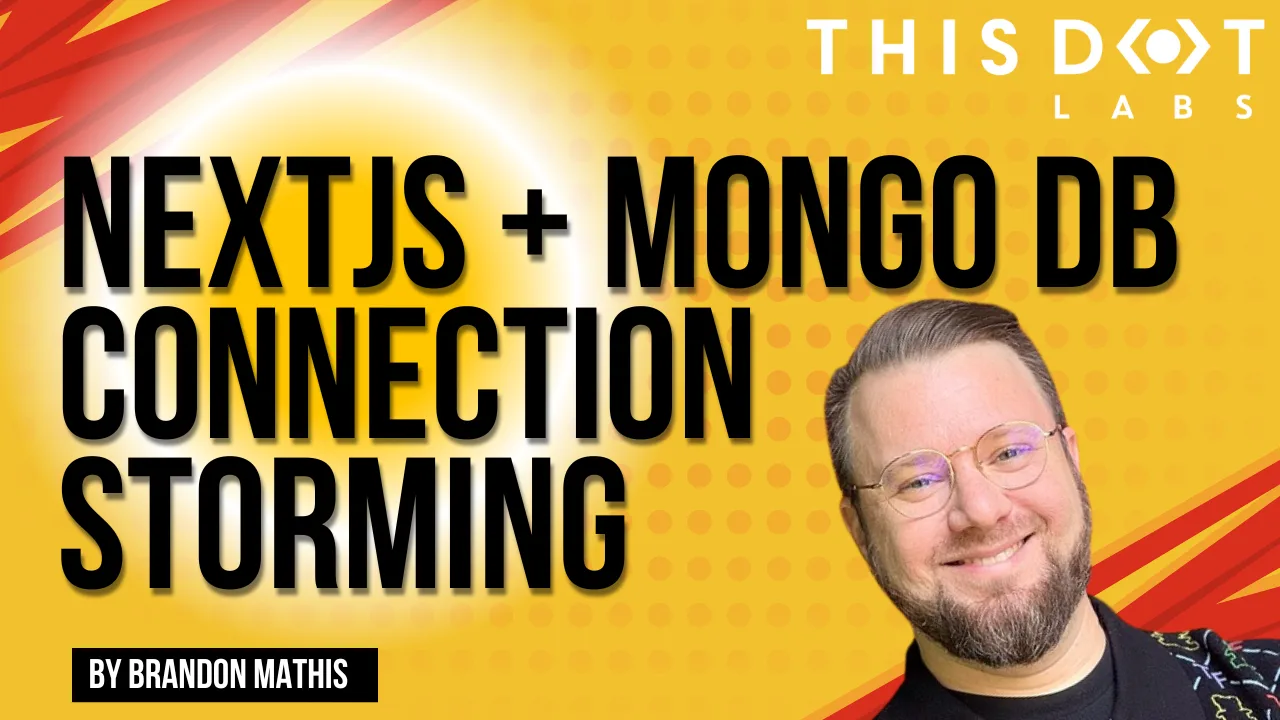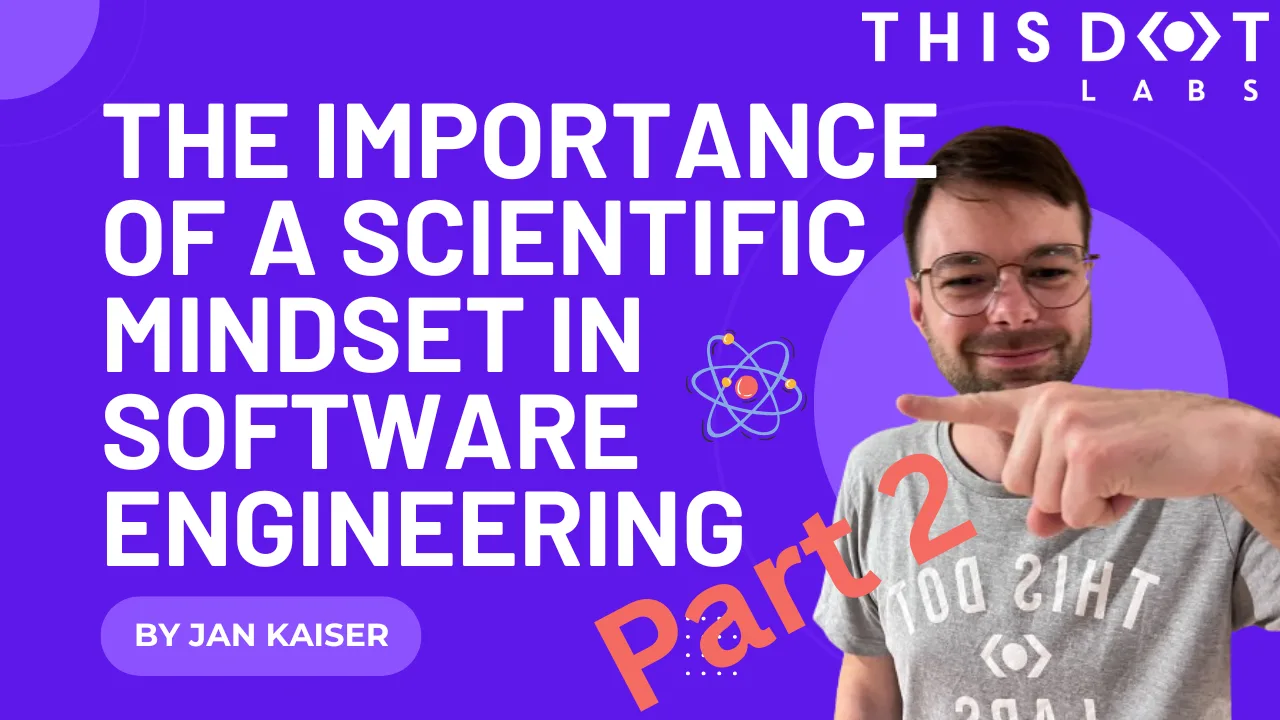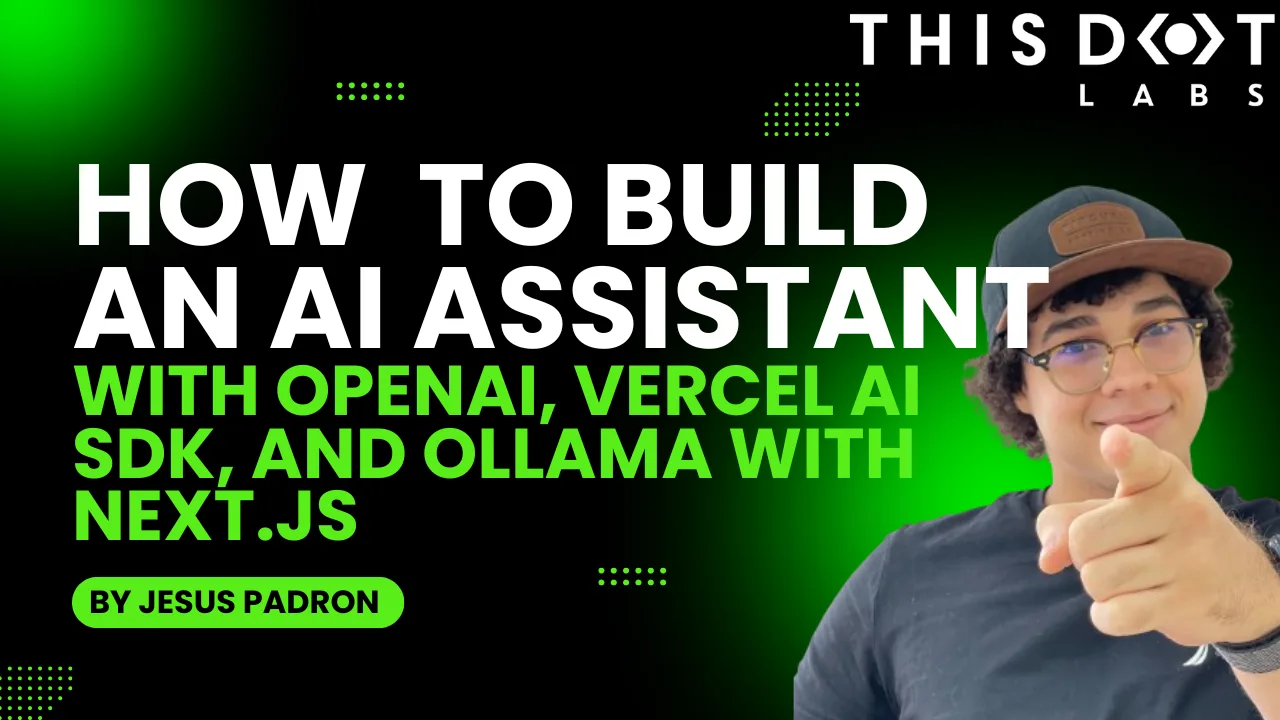Developer Insights
Join millions of viewers! Our engineers craft human-written articles solving real-world problems weekly. Enjoy fresh technical content and numerous interviews featuring modern web advancements with industry leaders and open-source authors.

Understanding Sourcemaps: From Development to Production
Modern web development involves transforming your source code before deploying it. We minify JavaScript to reduce file sizes, bundle multiple files together, transpile TypeScript to JavaScript, and convert modern syntax into browser-compatible code....
Nov 21, 2025
5 mins

The Future of Dates in JavaScript: Introducing Temporal
Temporal is a proposal currently at stage 3 of the TC39 process. It's expected to revolutionize how we handle dates in JavaScript, which has always been a challenging aspect of the language....
Jul 25, 2025
2 mins

Next.js + MongoDB Connection Storming
Building a Next.js application connected to MongoDB can feel like a match made in heaven. MongoDB stores all of its data as JSON objects, which don’t require transformation into JavaScript objects like relational SQL data does....
Jul 11, 2025
3 mins

The Importance of a Scientific Mindset in Software Engineering: Part 2 (Debugging)
Part 2 of the “scientific mindset” series dives into the structured world of scientific debugging. Rather than relying on guesswork, we’ll explore how to form testable hypotheses to pinpoint and resolve software defects efficiently....
May 9, 2025
13 mins

“Music and code have a lot in common,” freeCodeCamp’s Jessica Wilkins on what the tech community is doing right to onboard new software engineers
Before she was a software developer at freeCodeCamp, Jessica Wilkins was a classically trained clarinetist performing across the country. Her days were filled with rehearsals, concerts, and teaching, and she hadn’t considered a tech career until the world changed in 2020. > “When the pandemic hit, most of my gigs were canceled,” she says. “I suddenly had time on my hands and an idea for a site I wanted to build.” That site, a tribute to Black musicians in classical and jazz music, turned into much more than a personal project. It opened the door to a whole new career where her creative instincts and curiosity could thrive just as much as they had in music. Now at freeCodeCamp, Jessica maintains and develops the very JavaScript curriculum that has helped her and millions of developers around the world. We spoke with Jessica about her advice for JavaScript learners, why musicians make great developers, and how inclusive communities are helping more women thrive in tech. Jessica’s Top 3 JavaScript Skill Picks for 2025 If you ask Jessica what it takes to succeed as a JavaScript developer in 2025, she won’t point you straight to the newest library or trend. Instead, she lists three skills that sound simple, but take real time to build: > “Learning how to ask questions and research when you get stuck. Learning how to read error messages. And having a strong foundation in the fundamentals” She says those skills don’t come from shortcuts or shiny tools. They come from building. > “Start with small projects and keep building,” she says. “Books like You Don’t Know JS help you understand the theory, but experience comes from writing and shipping code. You learn a lot by doing.” And don’t forget the people around you. > “Meetups and conferences are amazing,” she adds. “You’ll pick up things faster, get feedback, and make friends who are learning alongside you.” Why So Many Musicians End Up in Tech A musical past like Jessica’s isn’t unheard of in the JavaScript industry. In fact, she’s noticed a surprising number of musicians making the leap into software. > “I think it’s because music and code have a lot in common,” she says. “They both require creativity, pattern recognition, problem-solving… and you can really get into flow when you’re deep in either one.” That crossover between artistry and logic feels like home to people who’ve lived in both worlds. What the Tech Community Is Getting Right Jessica has seen both the challenges and the wins when it comes to supporting women in tech. > “There’s still a lot of toxicity in some corners,” she says. “But the communities that are doing it right—like Women Who Code, Women in Tech, and Virtual Coffee—create safe, supportive spaces to grow and share experiences.” She believes those spaces aren’t just helpful, but they’re essential. > “Having a network makes a huge difference, especially early in your career.” What’s Next for Jessica Wilkins? With a catalog of published articles, open-source projects under her belt, and a growing audience of devs following her journey, Jessica is just getting started. She’s still writing. Still mentoring. Still building. And still proving that creativity doesn’t stop at the orchestra pit—it just finds a new stage. Follow Jessica Wilkins on X and Linkedin to keep up with her work in tech, her musical roots, and whatever she’s building next. Sticker illustration by Jacob Ashley....
Apr 25, 2025
3 mins

Incremental Hydration in Angular
Incremental Hydration is coming to Angular. Have a sneak peak at the powerful feature that optimizes server-side rendering by keeping components dehydrated until triggered....
Mar 14, 2025
3 mins

The 2025 Guide to JS Build Tools
An overview of the big ecosystem of JavaScript build tools as of January 2025....
Feb 14, 2025
12 mins

D1 SQLite: Writing queries with the D1 Client API
Explore writing SQL queries using the D1 client library and its trade-offs vs ORM’s...
Dec 23, 2024
6 mins

Introduction to Zod for Data Validation
As web developers, we're often working with external data that we don’t control and can’t expect to meet our expectations. But with the Zod library, we can define expected data schemas and validate incoming data against them....
Nov 15, 2024
7 mins

The HTML Dialog Element: Enhancing Accessibility and Ease of Use
The new dialog element streamlines the implementation of accessible dialogs, modals, and other kinds of non-modal dialogs....
Oct 25, 2024
4 mins

Exploring Angular Forms: A New Alternative with Signals
In the world of Angular, forms are essential for user interaction, whether you're crafting a simple login page or a more complex user profile interface....
Oct 4, 2024
5 mins

How to build an AI assistant with OpenAI, Vercel AI SDK, and Ollama with Next.js
Learn how to run Llama 3.1 locally in a Next.js app, send audio to it, and play responses back to users....
Sep 27, 2024
8 mins
Let's innovate together!
We're ready to be your trusted technical partners in your digital innovation journey.
Whether it's modernization or custom software solutions, our team of experts can guide you through best practices and how to build scalable, performant software that lasts.